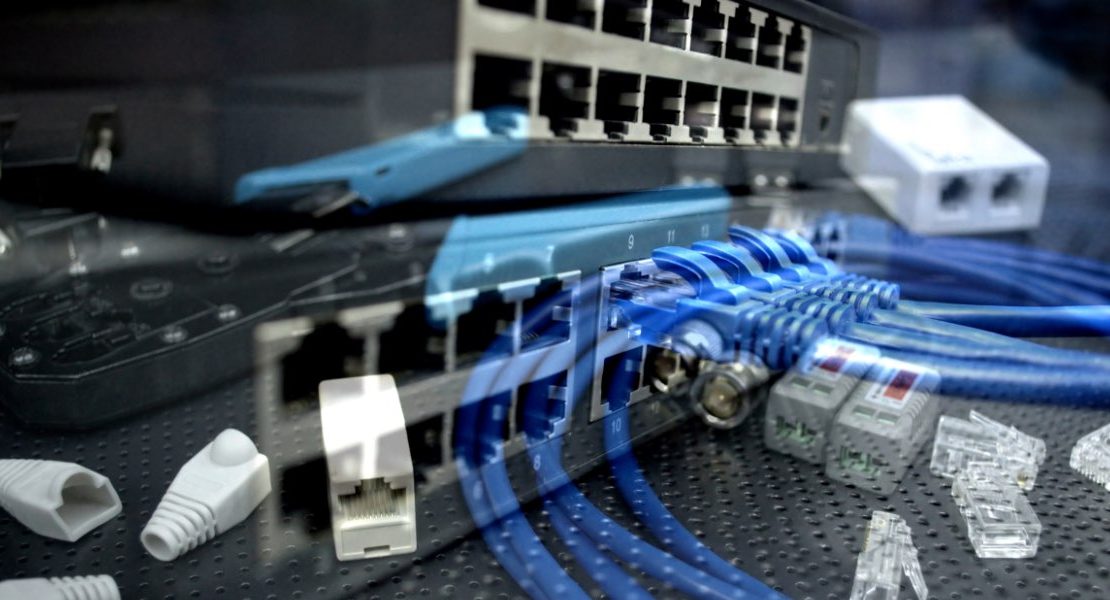Telecommunications play a crucial role in connecting people and businesses around the world. They provide the infrastructure and services necessary for communication, including phone, internet, and television. This enables individuals to stay in touch with loved ones, access information and education, and conduct business remotely.
Telecommunications also support economic growth and development by facilitating commerce, trade, and investment. Additionally, they are essential for emergency response, public safety, and the coordination and management of government and military operations. Overall, telecommunications are a vital component of modern society and play a key role in connecting people and driving progress.
Through this article, let’s quickly dive into the trends shaping the telecommunications industry.
Quick Overview of Latest Telecom Trends
-
Telecommunication business growth can be seen with 5G
The 5G technology is anticipated to expand the telecom sector significantly. Compared to earlier generations, 5G, or fifth-generation cellular network technology, offers faster speeds, lower latency, and greater capacity. This will enable a wide range of new and improved services, such as enhanced mobile broadband, ultra-reliable low-latency communications, and massive machine-type communications.This will make new business models and use cases in the IoT, smart cities, and autonomous vehicle industries possible. In addition, 5G is anticipated to provide the groundwork for brand-new sectors and open new opportunities for existing ones, spurring innovation and economic growth.
As a result, 5G appears promising for live broadcasting since it’s expected to supply a quicker, more reliable, secure, and agile wireless technology.
-
Smart Cities will be built.
A developing trend in the communications sector is the creation of smart cities. A smart city is an urban region that uses technology and data to enhance its residents’ quality of life, boost productivity and sustainability, and cut expenses. Telecommunications play a critical role in developing smart cities by providing the connectivity and infrastructure required to support the numerous interconnected systems and devices that make up a smart city. This covers everything from energy management to public safety and security to traffic control systems to public transit.To enable various smart city applications, such as intelligent traffic management, telecommunications providers will offer the connectivity solutions required, such as 5G networks, IoT and M2M communication, and data analytics.
Telecom companies will also provide various solutions such as video surveillance, public Wi-Fi, and emergency communication systems to enhance the overall security of the smart city.
Overall, the smart city trend is driving growth and innovation in the telecommunications industry and is expected to continue to do so in the future as more cities worldwide are looking to improve their infrastructure and services to serve their citizens better.
-
Ongoing laws for the Telecommunications business
Telecommunications is a heavily regulated industry, with ongoing laws and regulations that govern various aspects of the business. These laws are put in place to ensure that the industry operates fairly and competitively while also protecting consumers and promoting public safety.At the federal level, the Federal Communications Commission (FCC) is responsible for regulating the telecommunications industry in the United States. The FCC sets rules and standards for licensing, spectrum allocation, and consumer protection. It also enforces regulations related to issues such as robocalls, spam, and net neutrality.
Another crucial law is the General Data Protection Regulation (GDPR), a regulation of the European Union that came into effect on May 25, 2018. It regulates the handling of the personal data of EU citizens and residents by organizations operating within the EU or handling data of EU citizens and residents. It applies to all organizations that process the personal data of EU citizens and residents, regardless of where the organization is located.
In addition to these federal laws, state and local laws can impact the telecommunications industry. These can include regulations related to zoning, building codes, and franchise agreements.
Overall, the Telecommunications industry is subject to ongoing laws and regulations designed to promote fair competition, protect consumers, and ensure the proper functioning of the industry. Companies operating in the telecommunications industry must stay up-to-date on these laws and regulations to comply with them and avoid penalties.
-
Digitization in customer support for improved efficiency
Customer support is crucial in the telecommunications sector because it is the primary point of contact for customers to resolve issues and address concerns with their service. Good customer support can lead to customer satisfaction and loyalty, while poor customer support can result in customer dissatisfaction and churn. Additionally, telecommunications companies often deal with complex technical issues that require knowledgeable and efficient support staff to resolve. Adequate customer support can also help prevent minor issues from escalating into more significant problems, saving the company and the customer time and resources.Organizations like Lepton Software can help customer support teams with robust location analytics. With rich experience in location intelligence, our experts can support your customer service teams to provide great value.
To sum up:
Telecommunications is a rapidly evolving industry with new technologies and trends emerging every year. One of the biggest trends in recent years is the move towards 5G networks. Others might include concepts like smart cities and the availability of customer support around the clock.
Talk to our experts now if you wish to stay ahead of your telecom competition.

